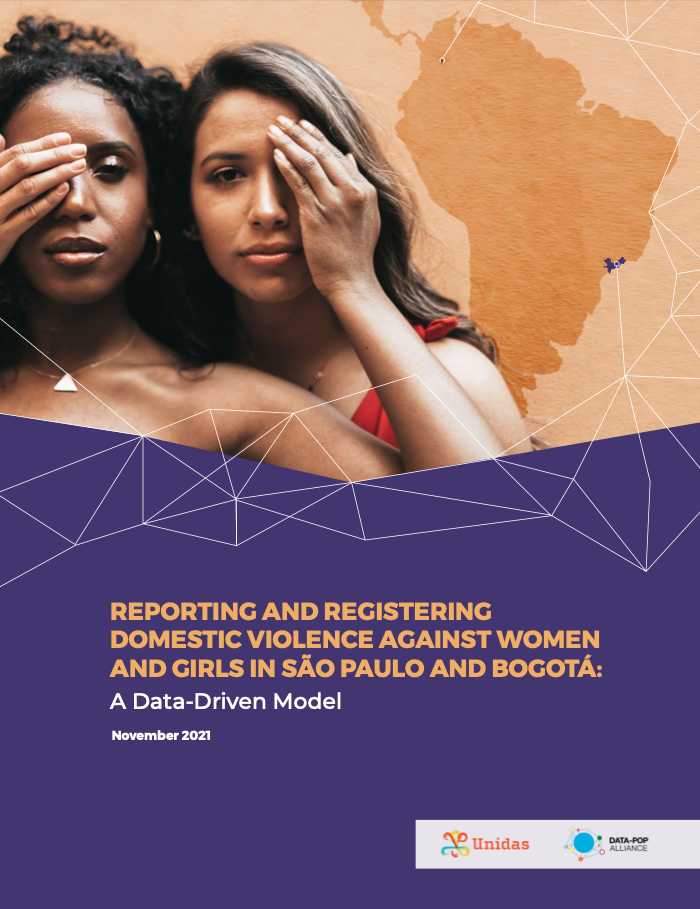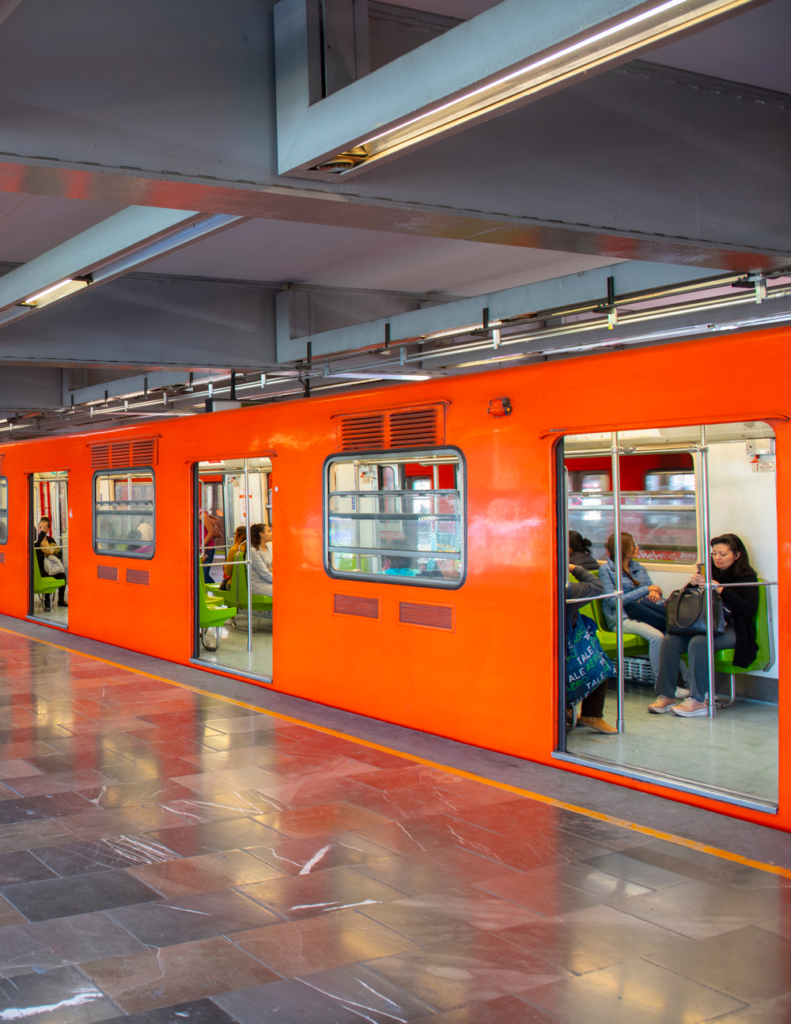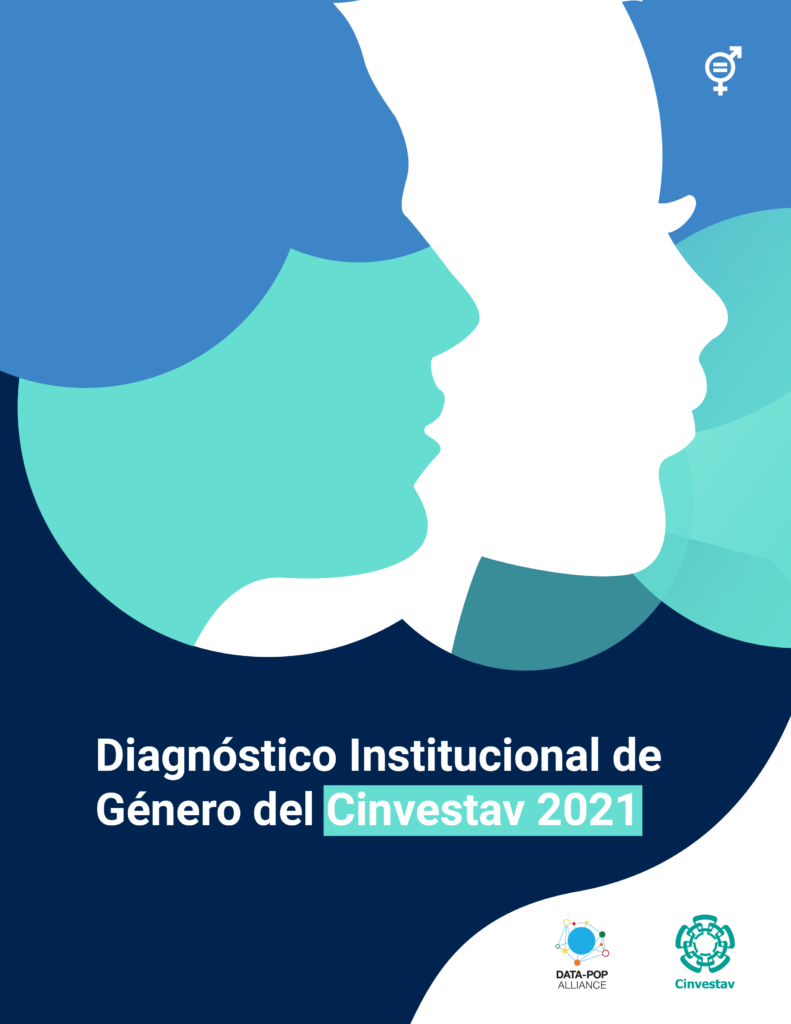Mexico
129.7
Population 2023 (Millions)
0.8
HDI Score
2022 (Max. 1)
69.3
SDG Score
2023
(Max. 100)
0.4
Gender Inequality
Index Score
(Max. 1)
36
Internet Inclusivity
Index 2022
(100 countries)
Overview
Projects

- Partner(s): GIZ (Funder), GIZ Data Lab, GIZ México, Unidas
This project, developed in partnership with UNIDAS and GIZ Data Lab, leveraged traditional and non-traditional data sources to assess the reporting capability of women and girls in Mexico City, Bogota and Sao Paulo. The analytical model estimated the probability of registering domestic violence at the locality or municipal level, taking into account personal (e.g. age, educational attainment) and environmental factors (e.g. access to support services, human mobility during the COVID-19 quarantine). The report for Mexico is not available.

- Partner(s): WhereIsMyTransport (Funder)
Female and male commuters utilize public transportation differently, yet not enough is known about women’s commuting experiences and challenges. In countries such as Mexico and Peru, gendered perspectives in public policy are starting to be considered, but public action remains insufficient. Together with the socially-focused company WhereIsMyTransport, DPA collected data via online surveys that reflects the issues faced by women transportation users in Mexico City, Mexico and Lima, Peru. The resulting paper highlighted the findings and provided actionable recommendations to empower female commuters and promote gender equality.

- Mexico
- August 2021 - January 2022
- Data Feminism
- Partner(s): Center for Research and Advanced Studies of the National Polytechnic Institute (Cinvestav) (Funder)
Developed in partnership with Cinvestav, a network of 11 STEM (Science, Technology, Engineering, and Mathematics) research centers across Mexico, this project aimed to provide an institutional gender assessment of the challenges that women working and studying in the network face (including harassment). The findings from an online survey, focus groups, literature review, and documentary analysis were used to outline actionable recommendations towards gender mainstreaming in this complex organization.
